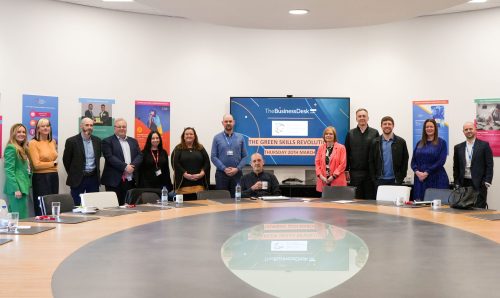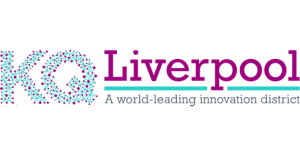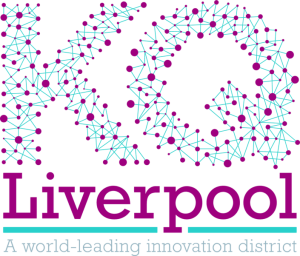Skills for the Future: Liverpool’s green economy talent challenge
In a dynamic roundtable at City of Liverpool College, business leaders, educators, and policymakers – including KQ Liverpool’s Inclusive Innovation Officer, Rachel Newman – confronted the region’s most pressing challenge: building a workforce capable of driving Liverpool’s green economic transformation.
Neil Borg-Olivier, Vice Principal for Curriculum Development, set the tone immediately. “Our responsibility is to clearly understand skills priorities and ensure our curriculum is agile enough to respond to rapidly changing industry needs,” he explained. This wasn’t just educational rhetoric, but a strategic commitment to bridging the gap between training and industry demand.
Matt Breakwell from Kimpton, a mechanical and electrical engineering business based in Bromborough, delivered the most passionate intervention. “Employers are sitting in pubs complaining about young people not wanting to work, when we’ve got brilliant students desperate for opportunities,” he argued. His company’s approach demonstrates what’s possible – taking on seven apprentices last year in a 100-person business, with a commitment to growing talent pipelines.
James Cannon from Enspec Power highlighted the critical skills shortage in specialised sectors. “When recruiting senior Power Systems Engineers, 9 out of 10 candidates are from India, Iran, or Pakistan,” he revealed, underlining the urgent need for local talent development.
Councillor Marion Atkinson brought a strategic perspective. “Every conversation with investors starts with skills,” she noted, showing that Liverpool’s economic attractiveness hinges on its workforce capabilities. She also raised a crucial point about diversity, challenging the room to track how many women trained in technical roles actually remain in these careers long-term.
Lisa Cooke from certification business MCS shared an inspiring alternative model. Her organisation has grown from one to 70 employees, with 61% female representation in a traditionally male-dominated renewable technologies sector. “We focus on core behaviors and appetite for learning,” she explained, “not just academic qualifications.”
Jane Gaston from Net Zero North West provided crucial context about the region’s industrial transformation. “We’re not abandoning traditional industries,” she stressed, “but supporting their transition through a coordinated skills approach.”
The discussion revealed complex challenges. Geoff Wainwright from Impact Data Metrics highlighted the massive financial challenge of retrofitting homes to meet net-zero standards – estimating a potential an enormous investment will be needed.
Chris Capes from Peel Waters emphasised the need for a broader skill base. “It’s not just about green jobs,” he argued, “but creating clear career progression pathways that excite and retain talent.”
Colin Salmon from the college was unequivocal about the long-term vision. “This is a generations’ work,” he said, referencing the 2050 net-zero target. “We need immediate solutions, but also a strategic, long-term approach to talent development.”
Rachel Newman from the Knowledge Quarter highlighted the critical role of early intervention.
“We’re working to excite children from primary schools about careers in Liverpool, not London,”
she explained, demonstrating the importance of inspiring future talent early.
The roundtable’s consensus was clear: Liverpool’s economic future depends on breaking down institutional silos, creating transparent career pathways, and fundamentally changing how technical and green careers are perceived and promoted.
As Matt Breakwell succinctly put it: “We need to stop being so British about discussing careers. Talk about the money, talk about the opportunities, and make engineering sexy.”
With ambitious targets, a collaborative spirit, and a commitment to innovation, Liverpool is positioning itself as a leader in the green skills revolution.


